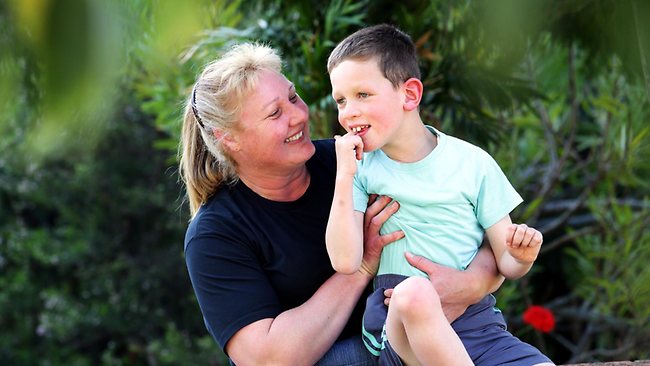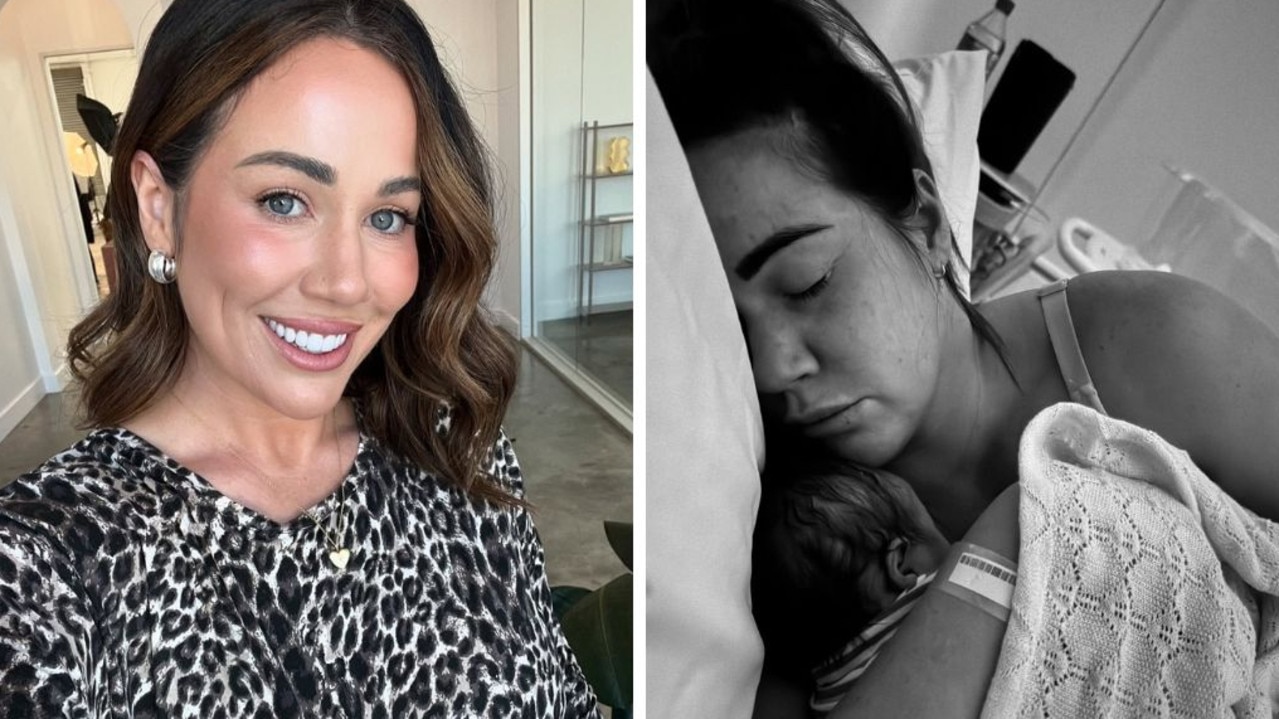Babies test for fragile X syndrome - early diagnosis aids treatment
AUSSIE researchers have developed a new test which can detect fragile X syndrome a matter of days after birth instead of waiting years.

IT is the single most common known genetic cause of autism and inherited intellectual disability.
Now Australian researchers have developed a new test which can detect fragile X syndrome a matter of days after birth instead of waiting years.
The Murdoch Childrens Research Institute's senior research fellow Dr David Godler said the heel prick test blood sample from newborns could diagnose fragile X just two or three days after birth.
In the past, the first test available was for children aged three and over. Early detection can now help parents with early intervention into the child's intellectual and physical development.
Dr Godler is hoping that with more research the test will be added to newborn screening, which now looks for 25 conditions including cystic fibrosis.
The study used new and old blood samples from 588 adults and children, including newborns, and returned almost 100 per cent accuracy for fragile X.
There were 242 individuals with full mutation fragile X included in the numbers and the early detection test picked up on the disorder, which includes physical, cognitive and behavioural problems.
"We've shown this test works in a much bigger number of individuals, for both girls and boys, and now blood spots from newborns," Dr Godler said.
Researchers said if the fragile X syndrome test is added to newborn screening, it would cost up to $1.5 million for every 100,000 babies tested, compared to health care costs of between $300,000 and $2.5 million spent on one individual with fragile X during a lifetime.
There are about 5000 Australians born with the fragile X full mutation each year and up to 100,000 who are carriers of the faulty gene.
Sharon and James Rasmussen noticed youngest son Patrick wasn't reaching learning milestones and pushed doctors to allow him to be tested when he was 17 months old.
They found fragile X and Ms Rasmussen said the diagnosis allowed them to seek earlier help for physiotherapy, speech and occupational therapy.
Patrick is now six years old and Ms Rasmussen believes the early intervention helped her son.



